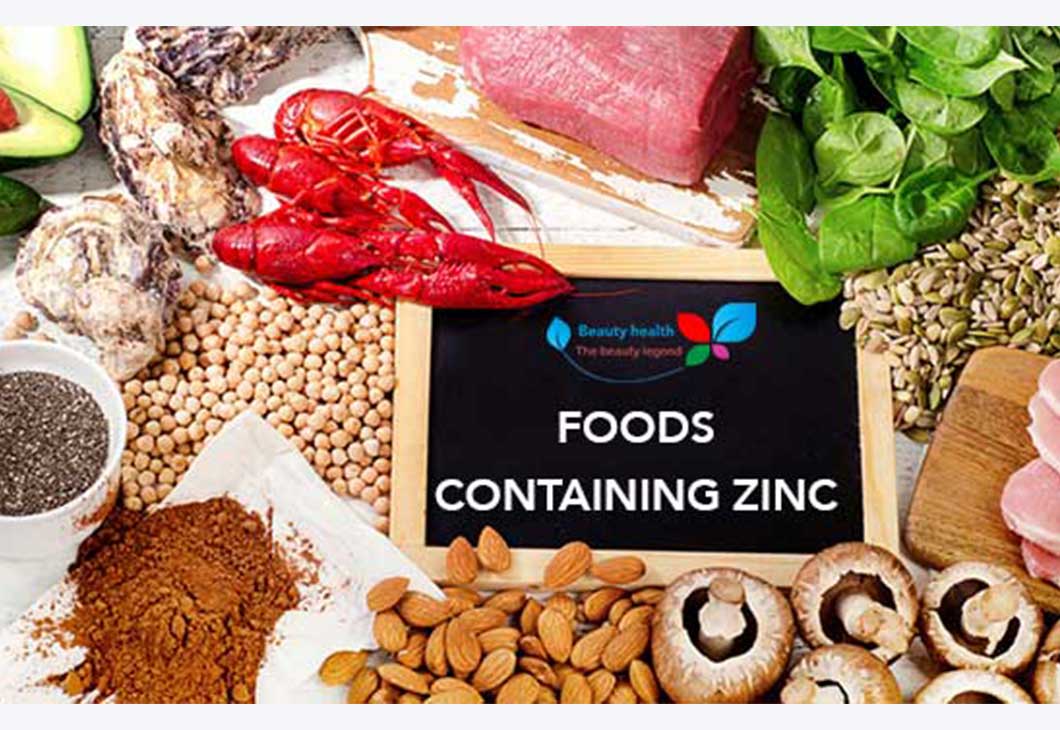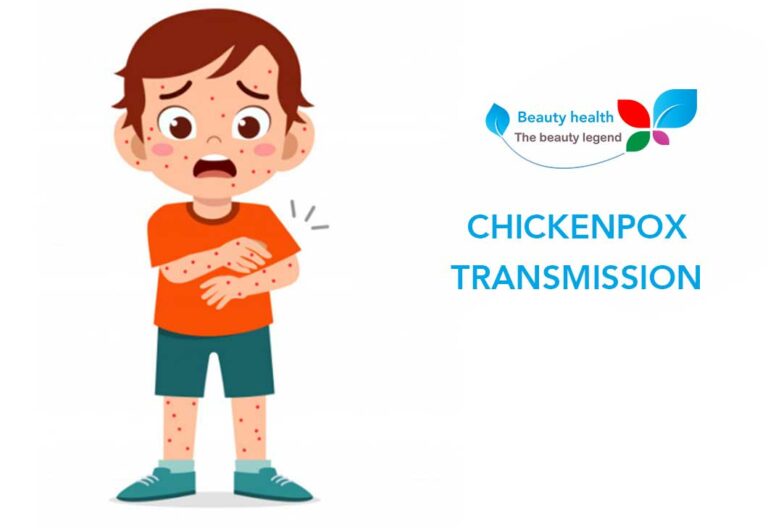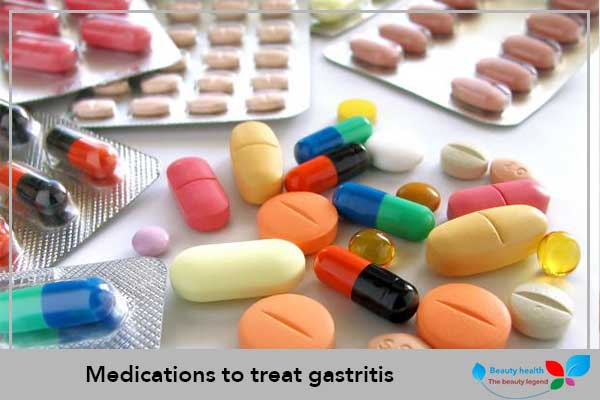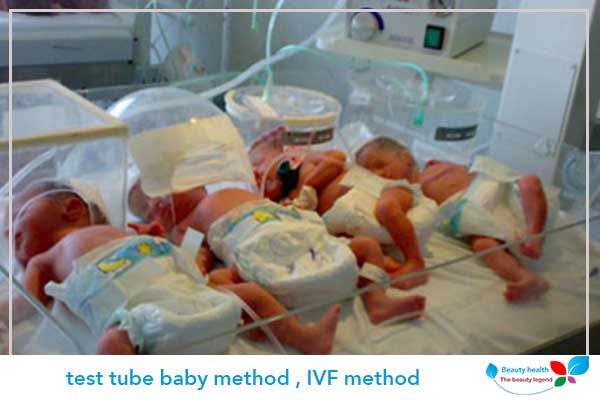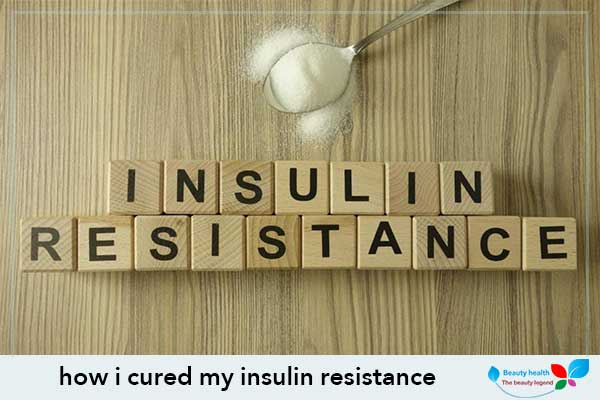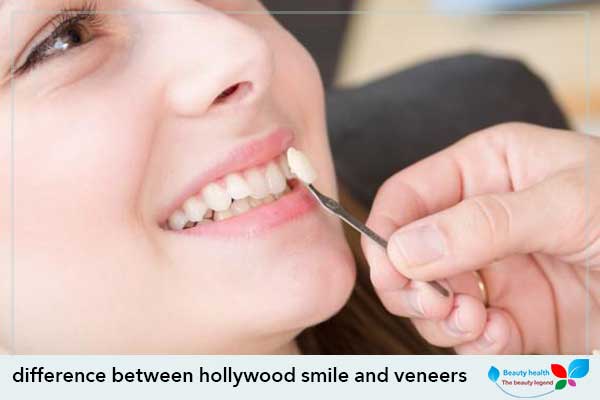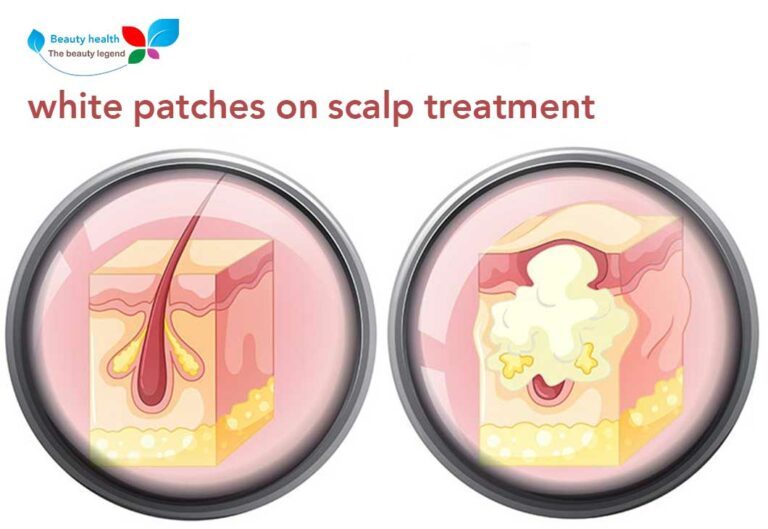Foods containing zinc
Foods containing zinc:
Zinc-containing foods | Do you suffer from zinc deficiency and are looking for zinc-rich elements and foods if you are in the right place zinc is a nutrient that plays a “vital” role in the response of the immune system and wound healing and the formation of proteins, DNA and many other functions of the body, the human body does not store zinc, so the person should get enough of his daily diet, they can also ” take dietary supplements, if necessary recommended a daily amount of zinc as follows :
- Males 14 years and older 11mg.
- Females 14 years and older and over 9mg.
- For pregnant women: 11mg.
- For nursing women 12mg.
Of all foods, oysters contain the most zinc per serving, yet most people get zinc from poultry and red meat, and food manufacturers may also support foods with zinc to help a person meet their daily requirements.
Foods containing zinc include:
- Oysters contain one ounce of 74 mg oysters of zinc.
- Beef pie contains 3 ounces of beef on 5.3 mg.
- The Alaska King crab contains 3 ounces of it on 6.5 mg.
- Fortified breakfast cereals contain 3.8 cup of breakfast.
- Cooked lobster contains 3 oz of it for 3.4 mg.
- Cooked beans contain 1/2 cup of it contains 2.9 mg.
- Dark meat chicken contains 3 ounces of it on 2.4mg.
- Low-fat yogurt.
- Pumpkin seeds.
- Milk.
- Hummus.
- Instant oatmeal.
- Almond.
- Cheddar cheese.
They all contain about 1-2mg of zinc per serving.
What are the sources of zinc for vegetarians?
- Beans.
- Lunch yeast.
- Nuts.
- Oats.
- Seeds.
Individuals need daily plants for zinc:
- Since plant zinc sources are not biologically available, such as animal sources, the body does not effectively absorb zinc from plant sources.
- A person who eats a vegetarian diet may need to consume 50% more zinc than people who regularly eat animal products.
- This means that male vegetarians may need to eat about 16.5 mg of zinc each day.
- Females who follow these eating patterns should eat up to 12 mg a day,” he said.
If someone chooses to support their meals with zinc, they may want to avoid taking them at the same time with calcium, copper, folic acid, iron and manganese supplements because these nutrients can affect how the body absorbs zinc.
What are the benefits of zinc?
Growth:
- People need zinc for physical growth and development.
- Zinc deficiency can lead to poor growth in children and adolescents.
Immune system function:
- Our bodies use zinc to build immune system cells called T lymphocytes.
- Enzyme function:
- Zinc plays a “pivotal” role in triggering chemical reactions in the body.
- These include helping the body use folic acid and creating new proteins and DNA.
Eye health:
- Zinc deficiency can contribute to the development of eye diseases.
- Including macular degeneration.
Wound healing:
- Zinc helps promote healthy skin and mucous membranes, which promotes wound healing.
Zinc deficiency:
- The taste and smell are affected.
- Anorexia.
- Diarrhea.
- Hair loss is impaired immune response.
- Sexual weakness.
- Weak growth.
Doctors also do not have an “easy” blood test to determine if a person has zinc deficiency.
Instead, they will follow a person’s symptoms and average dietary intake when determining zinc deficiency in people.
On the contrary, anyone can suffer from zinc poisoning from excess zinc supplementation.
- Anorexia.
- Diarrhea.
- Headaches.
- Nausea.
- Stomach cramps.
- Vomiting.
“Finally.”
- Zinc is also found in many natural foods and many manufacturers add zinc to foods such as grains.
- Meat-based products are usually higher in bioavailable zinc.
- If a person does not eat meat, he or she may need to make an effort to increase zinc intake by eating beans, seeds and oats.
- Among other foods containing zinc, people can find zinc supplements in local pharmacies.
